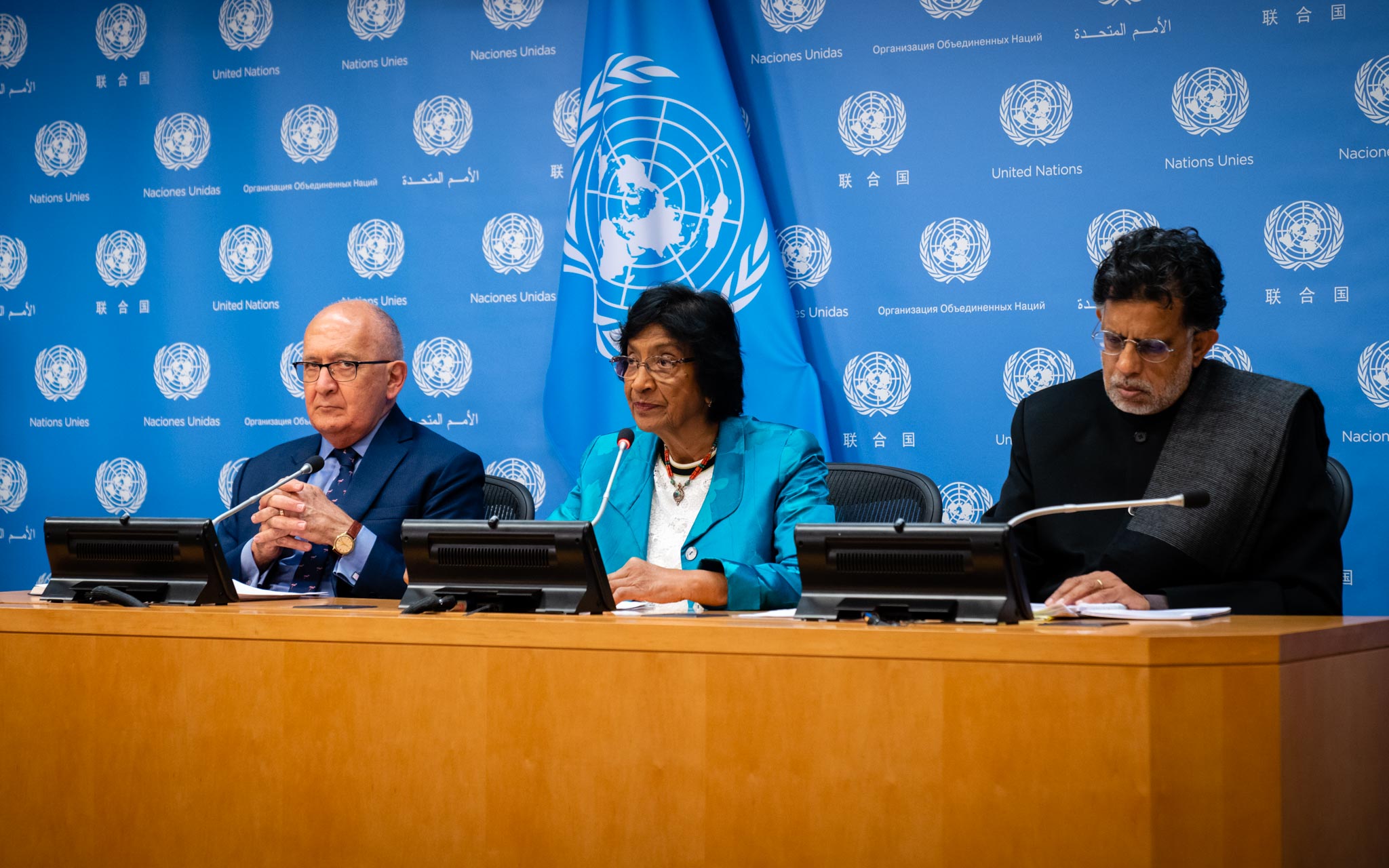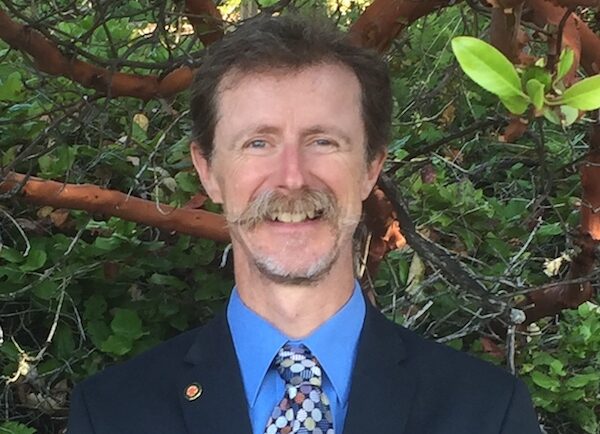
By Boemo Sekgoma*
On behalf of the SADC Parliamentary Forum, we join the global community in commemorating International Day of Zero Waste 2024.
This day serves as a poignant reminder of the urgent need to address the environmental challenges posed by waste generation and disposal which has exacerbated the triple planetary crisis encompassing climate change, biodiversity loss, and pollution.

The Forum recognises that a society which is waste producing will not be sustainable since waste consists of unused resources and materials which are lost to the consumption process.
According to the United Nations Environmental Programme (UNEP), on an annual basis, global human activity produces between 2.1 billion and 2.3 billion metric tonnes of municipal solid waste.
Waste pollution poses a substantial risk to human health and economic stability. Without immediate intervention, projections suggest that annual municipal solid waste generation could reach 3.8 billion tonnes by the year 2050.
As representatives of the SADC PF, we recognise the critical importance of adopting sustainable waste management practices to safeguard the health of our people and the integrity of our environment.
Across our region, inadequate infrastructure for waste management, coupled with rapid urbanisation and population growth, has led to alarming levels of pollution and environmental degradation.
The objective of attaining zero waste is not to produce less, but to produce and consume in the most efficient manner which is least harmful to the environment.
It is about striking the right balance with nature so that by-products of consumption can be re-used or recycled and made to re-enter different consumption channels.
The SADC PF Strategic Plan (2024-2028) underscores our dedication to implementing policies that guide both our internal operations and external advocacy endeavours, emphasising sustainable practices and environmental responsibility.
The Forum acknowledges that waste Management is currently at the top of the SADC region’s agenda, particularly, in furthering SDG 11 on making cities and human settlements inclusive, safe, resilient and sustainable, and in implementing SDG 12 on ensuring viable consumption and production patterns.
On this International Day of Zero Waste, the Forum encourages its Member Parliaments and partners to remain steadfast and resolute in their commitment to environmental responsibility and contribute positively to the preservation of our planet by promoting policies and legislation that advance the principles of waste reduction, reuse, and recycling.
- Ms Boemo Sekgoma is Secretary Generalk of the SADC Parliamentary Forum.









